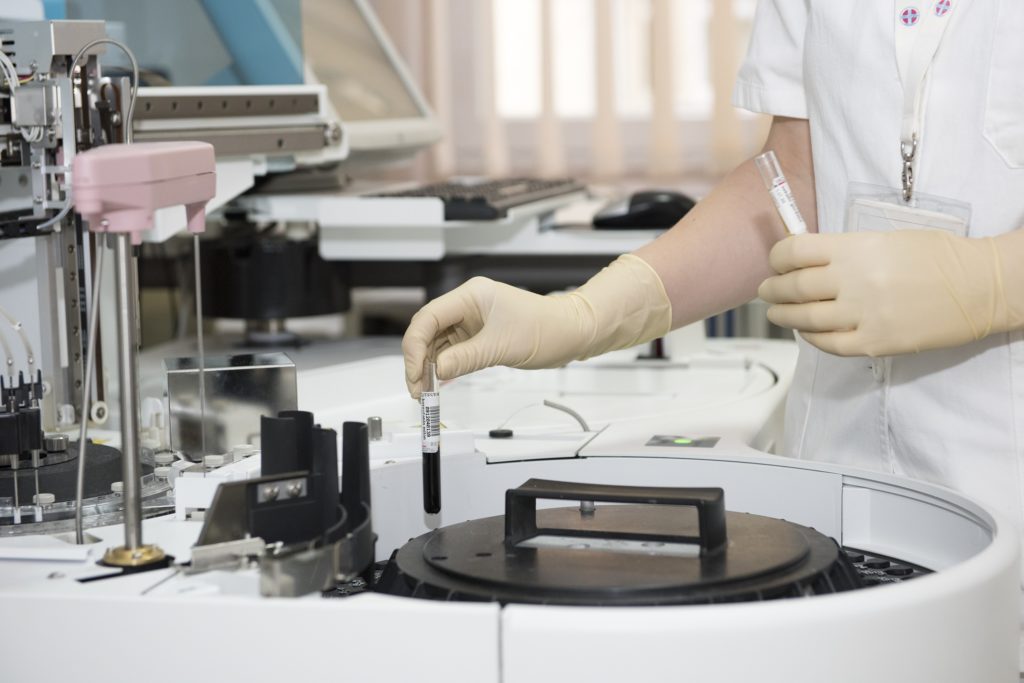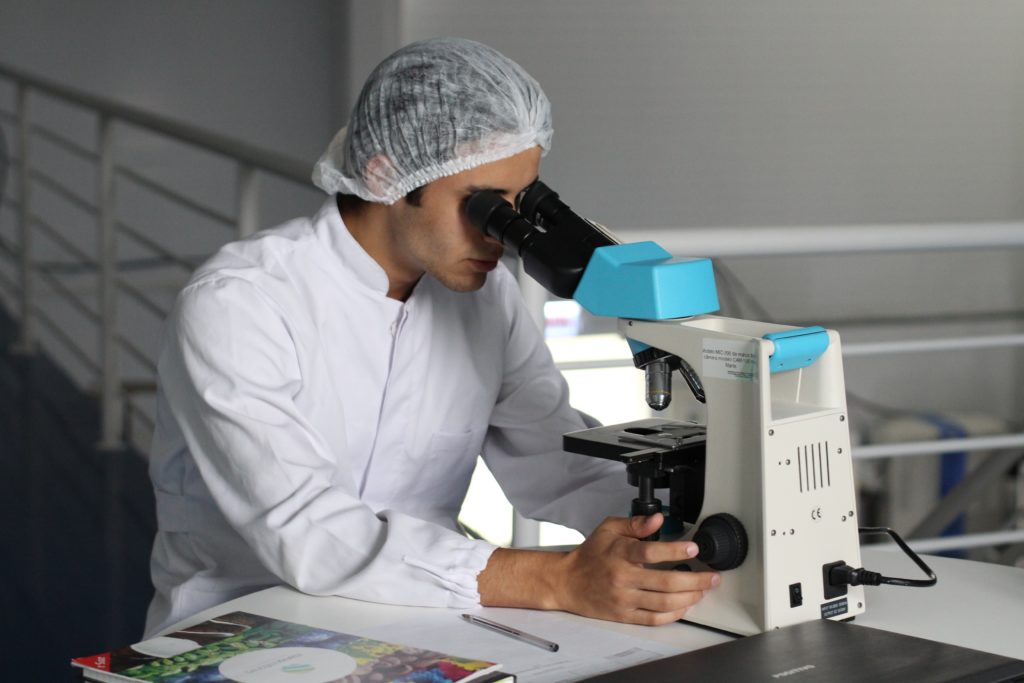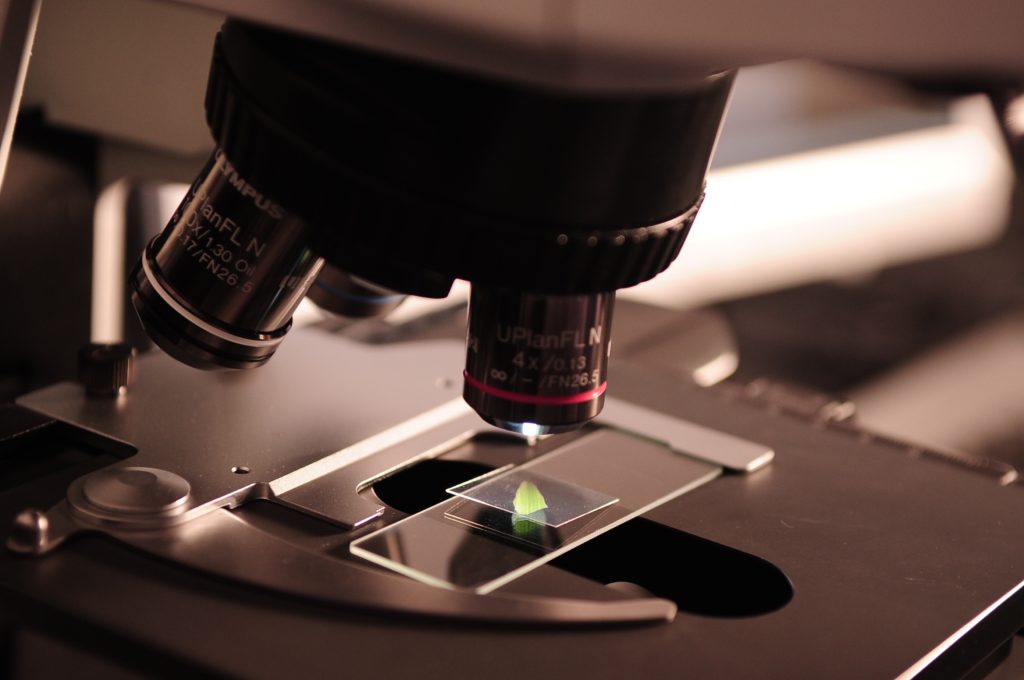Globalisation, automation and rapidly changing needs mean the future of employment will probably look very different to now. In fact, many current careers won’t exist in the next 10 to 20 years. So, it’s critical that students ask the important question: ‘Will my chosen study path lead to strong job opportunities after graduation and beyond?’
In this series, we’re exploring a range of occupations forecast to have strong employment prospects in the future. Some careers in the tech industry are quickly emerging. Plus, there are other existing careers that will also have an important place in the employment opportunities of tomorrow.
This time around, we’re examining the fascinating field of biotechnology. As this futuristic science continues to rapidly grow and evolve, investing in a degree in biotechnology could have huge payoffs for your career.
What is biotechnology?
Put simply, biotechnology is a group of technologies that use biological processes. Examples of these technologies include cloning, genetic modification, developing vaccines and other pharmaceuticals, creating bionic body parts and organs, and even manufacturing food and drink. Biotechnology really is an incredibly broad field.
What kinds of careers are available?
Because biotechnology covers a huge range of industries, there are several paths you could choose. Careers in biotechnology include:
- Epidemiologist. Basically, these guys try to understand the cause of diseases by performing experiments, analysing data and doing surveys.
- Bio-engineer. This field combines engineering and biology and usually involves designing products for the medical industry, like artificial organs or devices such as MRIs.
- Crime lab technician. Use your background in biotechnology to analyse evidence from a crime scene.
- Food scientist. Work for a food manufacturer and come up with recipes to improve the taste, texture and look of various food products.
- And many more!

Why work in biotechnology?
A career in biotechnology can open the door to rewarding and well-paid experiences at the forefront of scientific discovery. Graduates are able to pursue a range of careers in public, private and government organisations and can choose to apply their passion for science to a range of industries.
CHANGE THE WORLD
Major scientific advances are currently being made in biotechnology when it comes to medical treatments like vaccines, cancer treatments and stem cell therapies. As a researcher, you could help develop ground-breaking pharmaceutical drugs or work to clone animals. You could even change the course of history by working on disease prediction and treatment to guard against future epidemics.
CREATE YOUR OWN CAREER PATH
A career in biotechnology will utilise all your scientific knowledge, drawing on research, experimentation and analysis to create new solutions. If you’re a curious data-driven thinker, biotechnology could be the perfect choice for you as it combines creative problem solving with quantifiable data analysis.
SECURE YOUR FUTURE
There has been a 90% increase in the number of people working in biotechnology over the past ten years, which shows there are plenty of opportunities for qualified graduates. This increased demand for research in the field is partly driven by the ageing population of many developed countries, resulting in a positive job market outlook for the foreseeable future.
GET THE FACTS
The science of biotechnology is a useful structure through which we can view many controversial issues, from the use of pharmaceutical drugs to the ethics of genetic editing. The critical thinking skills that you’ll develop as a researcher could come in handy in other aspects of your professional and personal life, resulting in a fuller understanding of the future of our world.
EDUCATION PATHWAYS
To embark on your career in biotechnology, you’ll need a solid grounding in both traditional science and engineering and computer science. Due to the strong research focus, undergraduate degrees are often used as a pathway to a PhD in biotechnology and biomedical science. Relevant options include:
- Bachelor of Science (Biotechnology)
- Master of Biotechnology (Biomedical)
- Master of Biotechnology (Plant Biotechnology)
STUDENT STORY
Arthur Yeow, a Bachelor of Science (Biotechnology) student at the University of Adelaide, says his degree offers a special set of skills that will help him stand out in the job market.
“I have a deep fascination with biological sciences and have always wanted to explore how sciences can be used to benefit humankind,” he says. “It is a unique blend of discovery and being able to transform scientific concepts to actual products for utilisation.”
As an international student, he chose to study at the University of Adelaide because of its world-renowned research focus.
“I am not only able to enjoy world-class education by the professors, but [I can] immerse myself in the research culture even during my undergraduate years. With a strong support system for international students, I am able to capitalise on the opportunities available here to succeed at university.”
Arthur has been able to make the most of his time in Adelaide both academically and socially, thanks to the friendly culture of the University.
“My time in the University of Adelaide was marked with an abundance of opportunities and the amazing support system that the University provides for its students. I have the strong support from my academic lecturers who will never fail to make time for me to discuss my aspirations, providing me crucial advice on how I can capitalise my time as an international student in Adelaide. This has allowed me to explore my passion and start taking stepping stones to propel myself into my future career path.”
WANT TO STUDY FOR A FUTURE CAREER IN BIOTECHNOLOGY?
The University of Adelaide is an excellent place to kickstart your career. If you choose to study at the University, you’ll have the chance to use revolutionary gene editing technology at SAGE, the first genome editing facility in Australia, and gain cutting edge insight from industry leaders.
There are also opportunities to be part of an International Study Tour to observe and experience the global biotechnology industry, as well as internships to build your professional network and gain relevant experience. Plus, according to the 2019 QS Graduate Employability Rankings, the University of Adelaide is South Australia’s leading university for graduate employability. For more information about how biotechnology could change your future, visit the University of Adelaide website.







